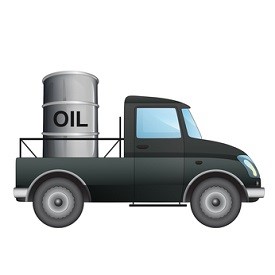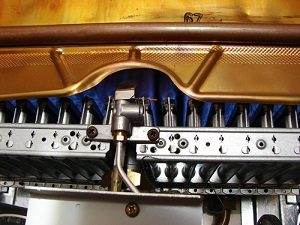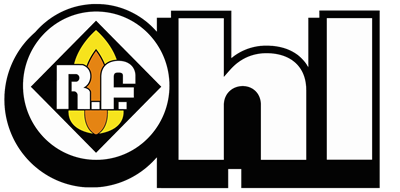Is Your Oil Tank In Shape For The Winter?
 The winter weather can be brutal in certain areas and cause problems like rust, frost heaves, ground shifts and general wear that affect your oil tank and its pipes. Additionally, poor maintenance, weather conditions and corrosion can result in well water contamination, spills, leaks, overpowering smells and lowered property value.
The winter weather can be brutal in certain areas and cause problems like rust, frost heaves, ground shifts and general wear that affect your oil tank and its pipes. Additionally, poor maintenance, weather conditions and corrosion can result in well water contamination, spills, leaks, overpowering smells and lowered property value.
Oil spills and their subsequent financial and environmental costs can be avoided or reduced through the proper maintenance and care of the furnace, lines and oil tank. In residential areas, oil spills can cause specific issues. These issues are:
- Cause health problems
- Create unpleasant odors
- Cause contamination of the soil, ground water, sewers, storm water drains, drinking water wells and drainage ditches
- Result in pollution of the septic system that would require replacement
These problems are all significant and could cost thousands of dollars to rectify. Below are some useful guidelines that can be used to avoid leaks, spills and the costly repairs that inevitably follow an oil spill:
 The oil tank should be inspected before and throughout the period when heating is required.
The oil tank should be inspected before and throughout the period when heating is required.- The condition of the lines and oil tank should be checked for signs of corrosion.
- The filter and fittings must be inspected for drips.
- Ensure the vent cap and spill cap are in the right position and secured tightly.
- Check for spillage signs near the vent and fill pipes. Distressed vegetation and stained rock or soil could be an indication of a fuel spill.
- The stability of the ground beneath above-ground oil tanks must be checked for stability. The same is true for the tank support.
- All pipe connections should be kept tight and clean.
- Fuel lines should be checked for crimps and replaced if any damage is detected.
- Oil lines between the furnace and tank should be placed in protective tubing or under concrete.
- Check for debris like insect nests, ice and snow and clear them from the vent to enable proper functioning of the tank.
- Underground tanks can become corroded and leak without obvious surface signs. Therefore, it is vital to be on the lookout for baffling fuel losses that could be pointing to a leak.
It is highly recommended that the oil tank is replaced every 10 years. This is because both inside and outside corrosion can cause significant problems, especially with older tanks. In addition, apply a light colored paint to your oil tank to decrease corrosive condensation on the inside of the tank.
R.F. Ohl specializes in delivering home heating oil for your home. We always guarantee our work and can maintain your heating oil system at a discount price.
Contact us today or give us a call at (610) 377-1098 if you have any questions about maintaining or for a heating oil delivery.
